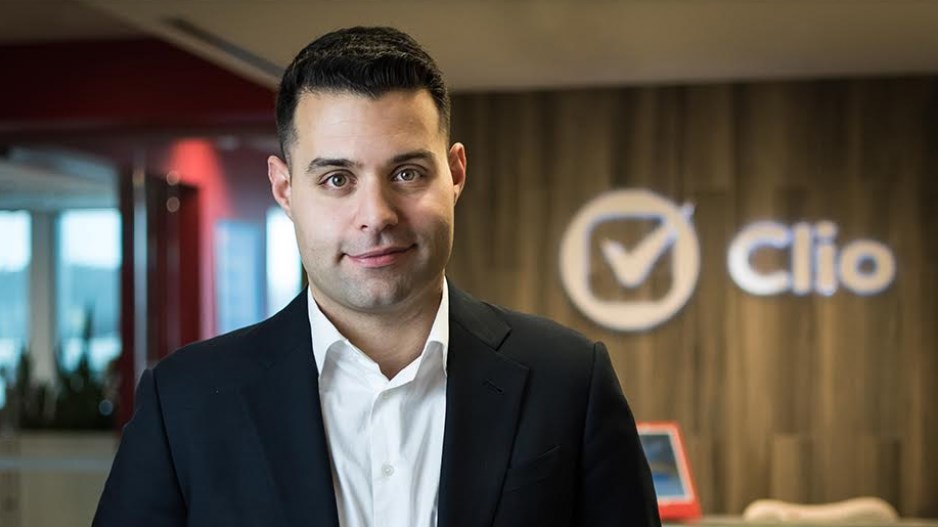Despite the economic turmoil caused by COVID-19, the technology sector continues to grow, especially in Vancouver, contributing to the country’s recovery.
Amazon’s recent announcement that the company will be hiring 3,000 people for its new Vancouver offices has solidified the city’s reputation as a technology and entrepreneurial hub. And in British Columbia, the tech industry employs 100,000 tech professionals, with roughly 75,000 working in Metro Vancouver.
As the world moves quickly in the direction of data analytics and technology, insiders agree that a Master of Business Administration degree is a valuable asset in the tech field for career growth.
University of British Columbia (UBC) Sauder School of Business MBA graduate George Psiharis credits his degree with providing him with the connections and knowledge to succeed in the technology sector.
Psiharis is now the Chief Operating Office of Clio, a Vancouver-based company that offers cloud-based software for the legal sector. Clio’s success is unprecedented in Canada: In 2019, it received the largest Series D financing round in Canadian history at $330 million.
“The applied, interdisciplinary focus was so helpful for me because it taught me how to interact with a lot of different functions that I use in my role at Clio,” Psiharis says.
“My e-commerce courses were really influential in my career and brought out a lot of curiosity and skills to focus on that area of opportunity. In addition, courses on go-to market strategy, business plans, raising money, a lot of the things I rely on to be successful at Clio, I learned during my MBA.”
The value of an MBA will continue to grow along with Vancouver’s emergence as a technology hub, Psiharis says. Clio has played a large part in that growth, opting to keep its company based in Vancouver even when investors were urging them to relocate to Silicon Valley.
“We decided to invest in building the ecosystem around us,” Psiharis says.
“Early on we made a decision to hire and develop talent, and to work on levelling people up and developing their skills as they joined the team.”
Psiharis sees the UBC MBA’s new Technology and Analytics Leadership Track (TAL), which combines an academic approach to emerging technology and business analytics with real-world applications, as playing a key role in fostering the tech industry’s growth in Vancouver.
“The technology industry is maturing and one thing we’ll need is seasoned leaders. There will be a lot of demand for leaders with a technology focus,” Psiharis says.
“COVID-19 has really accelerated the uptake of remote work, and what that means is that the number of tech employers available to MBA graduates is going to be far broader than it’s ever been. Not to mention that Vancouver is a very desirable place to hire out of.”
“With the UBC MBA Technology and Analytics Leadership track, students can expect to learn and discuss the most contemporary issues that business will be encountering in the next five years,” says Rodrigo Porto, director of recruitment and admissions at UBC’s Sauder School of Business.
Part of the value of an MBA is learning resilience, a quality Psiharis has leaned on throughout the pandemic.
“In my personal experience, doing the MBA part-time required a lot of balance in terms of work and coursework, and has definitely helped to prepare me for the rigours and pressures of dealing with a rapidly evolving pandemic,” Psiharis says.
“Having experience studying an array of case-studies helped me to apply a level of construal to what’s going on, to take a step back and see the big picture instead of getting lost in the weeds.”




